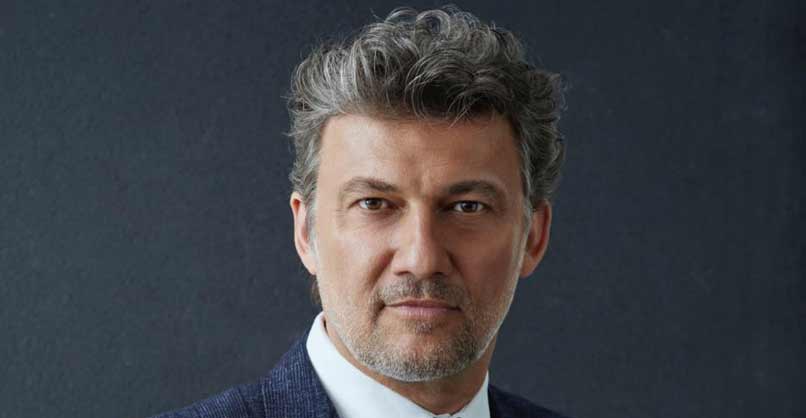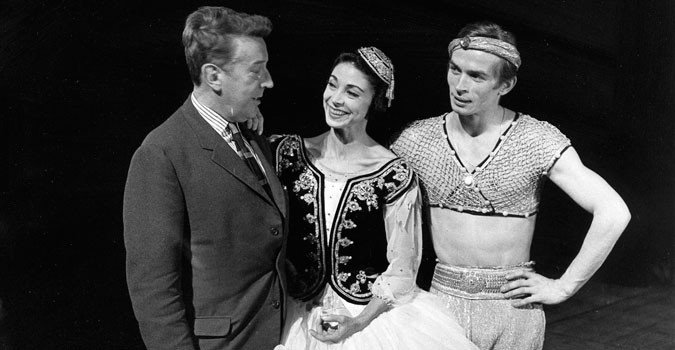- Venue's Capacity: 2256
Covent Garden's lyrical tradition goes back to the eighteenth century. It is here, for example, in a theatre constructed in 1732 by John Rich, the successful producer of THE BEGGAR'S OPERA, that the London public discovered several of Handel's operas.
Covent Garden then also staged plays and pantomime, a tradition which continued well into the thirties. The theatre has since hosted the most diverse productions, including cinema, cabaret, ice shows, and the circus. Today only opera and dance (The Royal Ballet) share the season.
As is the case with many an opera house. Covent Garden's life history was interrupted by fire, which twice destroyed the building. The second Royal Opera was inaugurated in 1809. Weber composed OBERON for the theatre, and conducted its premiere in 1826; the next year, Beethoven's F ID EU o was staged. From 1847, Covent Garden most often scheduled the Italian repertoire, with works by Rossini and Verdi. After the fire that demolished the second theatre in 1856, and until 1914, the third opera house built on the Covent Garden site became known as the theatre that hired the world's leading artists (like Nellie Melba, Caruso, and Adelina Patti, who refused all rehearsals by contract), and paid them royally. Several legendary conductors furthered the Royal Opera House's reputation after the First World War, such as Bruno Walter, and, of course, Thomas Beecham, who introduced the opera of Richard Strauss.
During the Second World War, Covent Garden became a "Palais de Dance" (sic). At the end of the war, following an intense period of negogiations. the ambitious decision was made to found a permanent opera company. Karl Rankl was appointed the first Music Director of the Covent Garden Opera Company (it became The Royal Opera in 1968) which gave its first performance in 1947.
Rankl's successors - Rafael Kubelik, Georg Solti, Colin Davis, and Bernard Haitink - have managed to maintain the company spirit and even the most celebrated guest artists are obliged to attend rehearsals.









